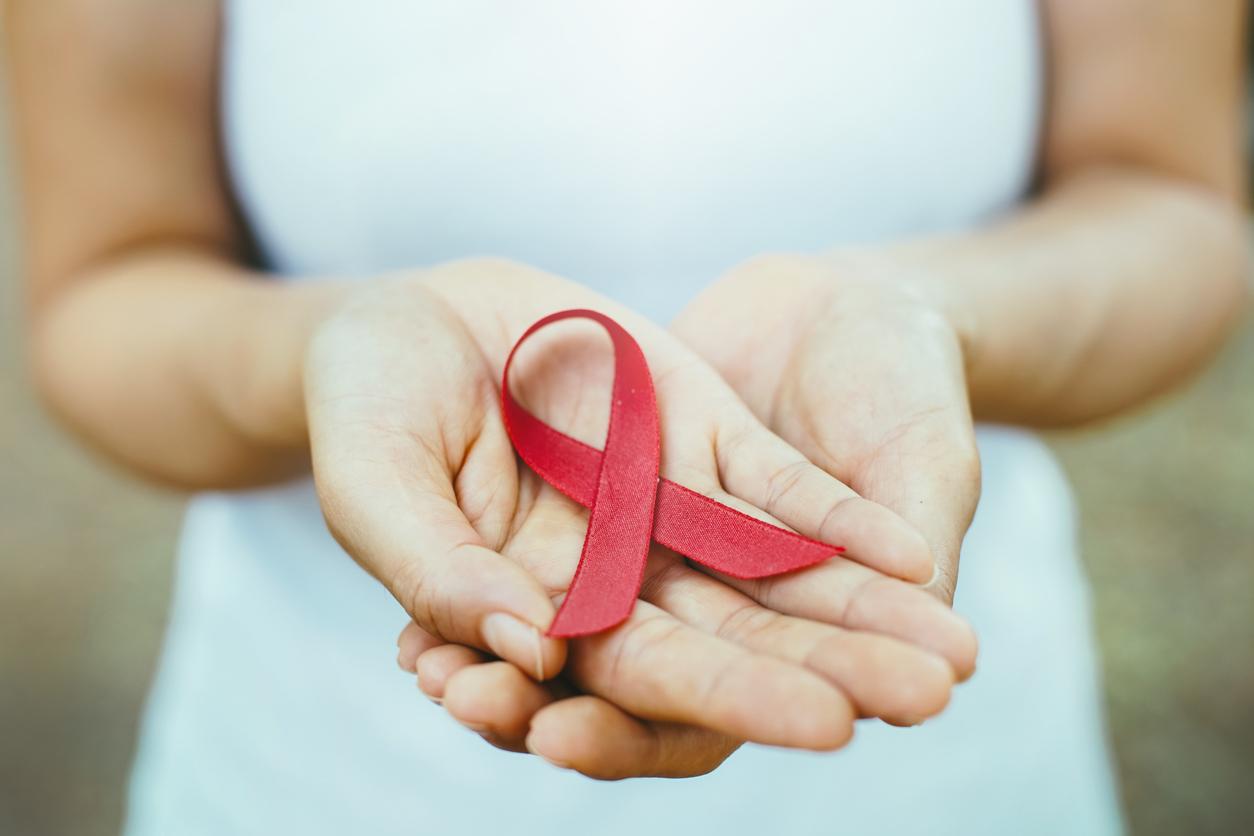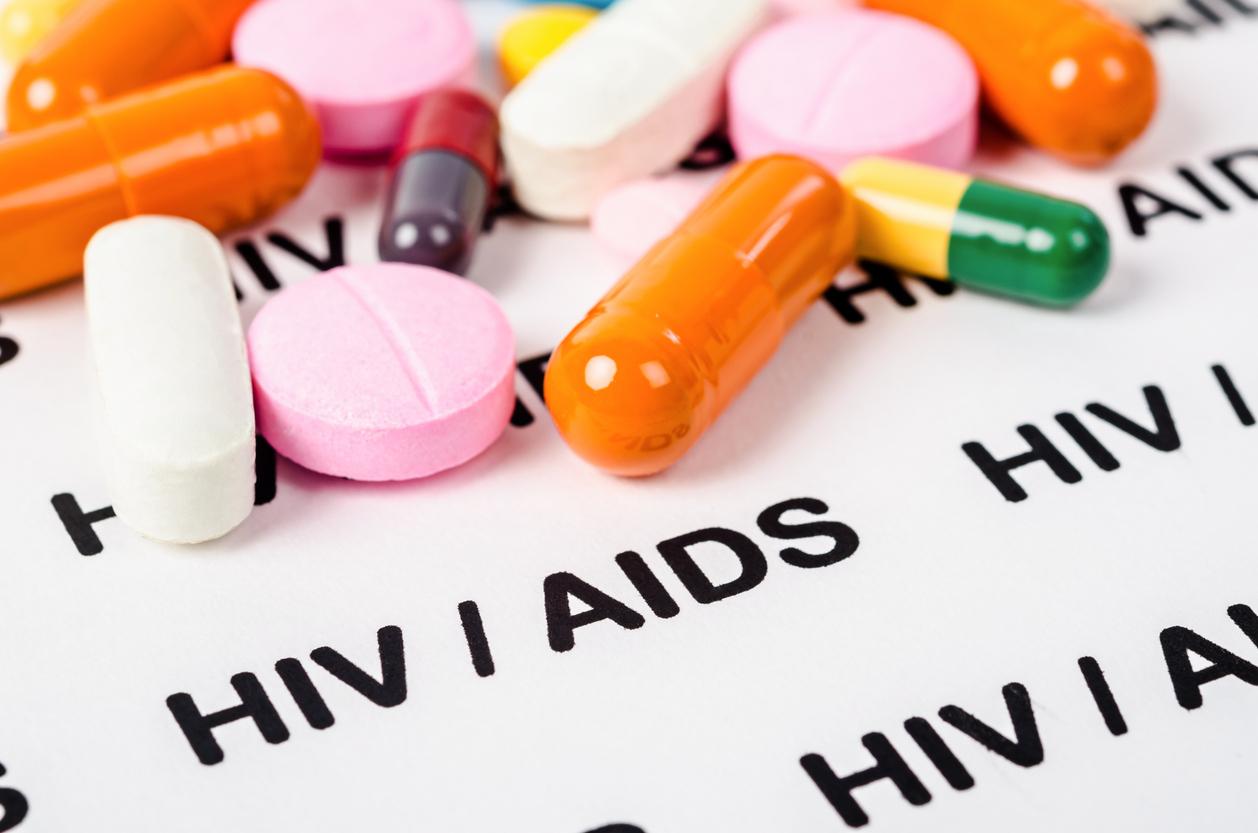On this World AIDS Day, remember that an HIV-positive person on antiretroviral treatment with an undetectable viral load for more than 6 months does not transmit HIV, even during unprotected sex.

- The viral load is said to be undetectable when the quantity of a virus in the blood is below a certain threshold (
- Men who have sex with men and heterosexual women born abroad remain the two groups most affected by HIV in France.
ViiV Healthcarein partnership with the association AIDS Info Service (SIS) and the French Society for the Fight against AIDS (SFLS)is launching its second awareness campaign on the theme “Undetectable HIV = Intransmissible HIV”. “An HIV-positive person on antiretroviral treatment with an undetectable viral load for more than 6 months and who benefits from regular and comprehensive clinical follow-up (support for adherence, detection and treatment of STIs) does not transmit HIV”, recall the patient associations.
“The Bed of Fear and Stigma”
“Certain false ideas or beliefs from the past still create fear and stigma today and are difficult to combat”, deplore the health organizations. According to a survey carried out for AIDES by the CSA institute in October 2017 on a sample of 1,000 people in France, the first reason given when the French feel “uncomfortable” vis-à-vis HIV is the fear of contamination.
This same survey also highlights that only 2% of respondents are aware of the risk “very low, almost nil” of contamination constituted by sexual intercourse without a condom with an HIV-positive person undergoing treatment.
What is an undetectable viral load?
The viral load is said to be undetectable when the quantity of a virus in the blood is below a certain threshold (<50 copies/mL). However, the person remains an HIV carrier and must continue to follow their treatment. The maintenance of the undetectable viral load must be checked every 3 months during the 1st year, then every 6 months if the clinical and biological assessment is normal. “Achieving and maintaining an undetectable viral load is essential to reduce the risk of morbidity and mortality related to HIV/AIDS and also helps prevent transmission of the virus to others”, specify the health organizations.
According to a survey conducted by the Sida Info Service association between July and October 2019 among 328 people living with HIV, 67.4% of respondents thought they had already been discriminated against because of their HIV status and 64.6% of discrimination dated back to a year or less.
HIV figures in France
In 2019, 6.2 million HIV serologies were performed by medical biology laboratories, according to Public Health France. HIV testing activity has increased since 2014 (+10% over the entire 2014-2018 period), and this increase accelerated in 2019 (+6% between 2018 and 2019). This increase in screening activity in 2019 was accompanied by an increase in the number of confirmed positive serologies (+6% over 2018-2019). The positivity rate, which had decreased between 2014 and 2018, thus stabilized in 2019 at 1.9 per thousand serologies.
Men who have sex with men and foreign-born heterosexual women remain the two groups most affected by HIV, accounting for 43% and 37% respectively of reported HIV findings between January 2019 and September 2020. injecting drug users (IDU) and transgender people infected through sexual intercourse each represent 2% of the total cases.

.

















